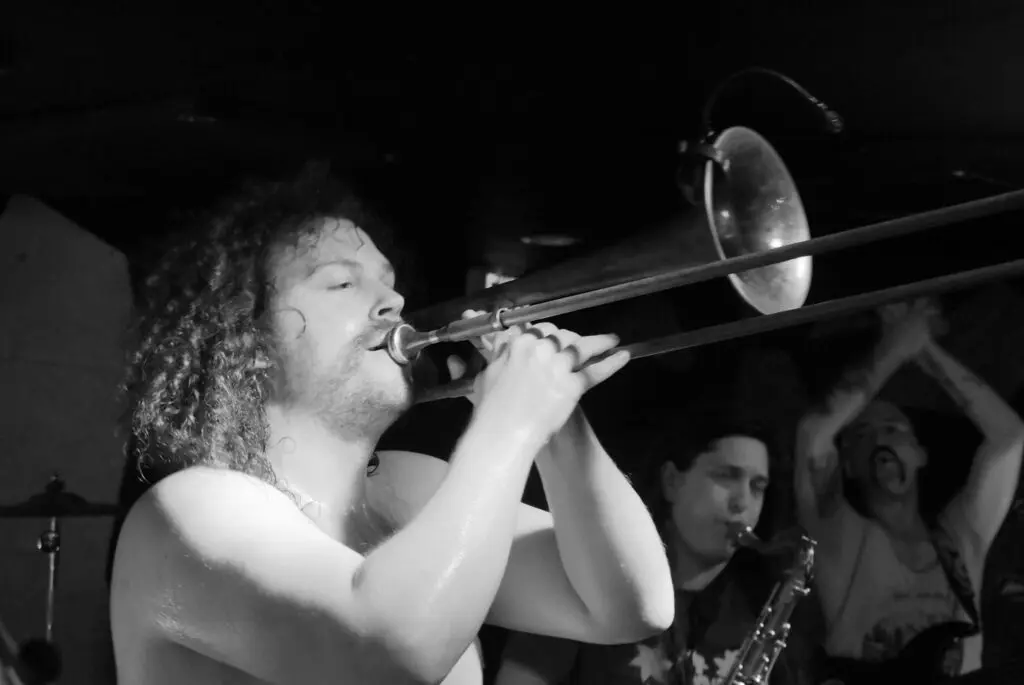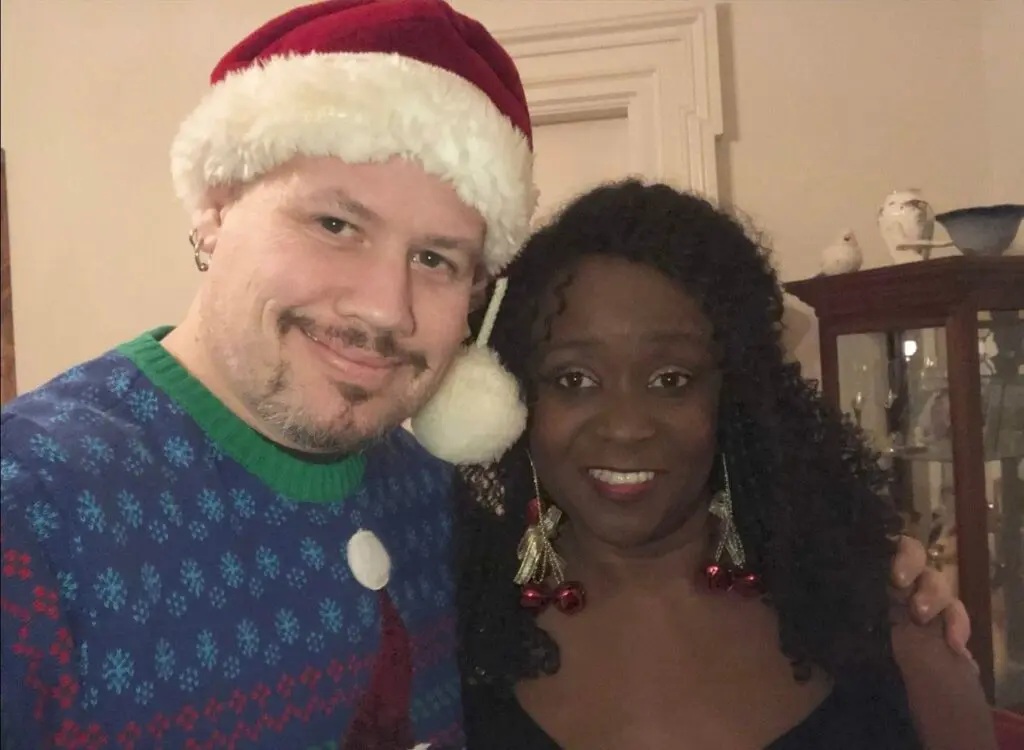Scott Burke – An Xperience Interview
Written by Staff on August 7, 2024
Scott Burke – An Xperience Interview – by Liam Sweeny.
Scott Burke is a retired social studies teacher from Watervliet Junior-Senior High School. He‘s written a new book, Tales from the Arsenal City and Beyond, which is out now.
RRX: You’ve just released a new book, called “Tales from the Arsenal City and Beyond.” Can you give me an elevator pitch about the book? Take us into the pages and help us understand it.
SB: The book is about growing up, living and working in Watervliet, my struggles as an adolescent with drugs, with alcohol, with crime and just, you know, really being a ne’er-do-well as a teenager and then pulling myself together and getting my life into a straight path to figure out what I was going to do. I graduated second from last in my high school class, and I was probably the most unlikely person who would ever come back to be a teacher. When I left there, they asked me what I was going to do with my life, and I told them I wanted to be a disc jockey on the radio. That’s what I was gonna do. And then years later I returned as a teacher, which was really weird. The fact that they even gave me a chance to teach was really nice. You know?
RRX: So let’s talk about where things started to enter into the, I guess, the character arc of this story. Can you tell us about your decision to go to Watervliet High as a student?
SB: What got me to go to Watervliet was when we went for a tour in 8th grade. They used to take you for tours of the high schools. So we went to Saint, we went to Watervliet, and we went to Catholic Central. And when I went to Watervliet, I saw kids walking around with cigarette packs in their pockets and a Coca-Cola machine or Pepsi machine in the hallway. And I said to myself, wow – that to me symbolized freedom. But in Saint Brigid’s, I went to a Catholic school for eight years. You had a uniform; it was very regimented. And I was like, wow, man, this is so cool. This is where I wanna go to school. And I saw kids with long hair and girls with halter tops all that stuff. And I was like, man. So I went home and told my parents. My mother said it was ok because my Aunt Ruth was a teacher there and my mother’s sister went to Watervliet. So she goes, “That’s fine. That’s fine if you wanna go.” My father was not happy. And he said, “If you mess up there, I’m gonna pull you out. We’ll see how you do in your freshman year.” I think he knew I needed some discipline.
RRX: That’s cool. So now you’re a teacher. Maybe it’s not your first day, but it’s like your first year, and you’re teaching and you’re seeing the students that you know exactly what they’re gonna do with their lives. They’re sleeping in class, probably hung over, like that kind of stuff, you know? That student is the one that you were when you were in high school. So how did that feel? There must have been a cognizance of that.
SB: There was, and helping them was what I deliberately wanted to do when I started teaching, I had a vision, you know, I had a very clear vision of what I wanted to do in the classroom. And one of the things I wanted to do was throw out everything that was taught to me; the way I was taught, the methodology that was used by the teachers. Because it was textbook learning – rote learning and questions at the end of the chapter, and there wasn’t really much critical thinking going on or serious discussion of the events. For example, the Department Chair in social studies when I first got hired warned me not to talk about abortion because it was controversial and blah, blah, blah. And I just totally ignored everything that she said to me. I said yes to her, but she was retiring. So I played the game a bit, but I knew what I was gonna do and I wanted to get kids involved. I wanted to get them involved in their school and the decision-making process, and also get them involved in local government. So my kids were required to go to school board meetings. They had to go to city council meetings, and once a year we’d go down to the New York State legislature to lobby, and we’d write bills. Sometimes we would join another environmental advocacy group or something like that. Anything I could do hands-on and getting them out of the classroom. And the other side of it was more critical thinking; having them read different various articles and write their opinions on it, and more class discussion on it. I never used a textbook in the classes at all. That was kind of my approach to it. And, yeah, there were those kids there and I understood that, and I think I kinda let them know at different points that I certainly wasn’t a serious student. High school is really only four years of your life. It’s a very short time and it certainly doesn’t define what you’re going to become, I don’t think.
RRX: Let me ask this one hopefully good question. I wanted to save the harder road you were on for people to read in the book. But in your experiences, how do you turn your life around when you reach a certain point, and what do you think is the number one thing that you need to think about, or have in your head, when it comes to not caring about anything versus maybe “evolving” to care?
SB: Well, I think it has to do with finding something that you’re passionate about. First of all, I never considered myself very bright. And the fact that I could go to college and get a bachelor’s and a master’s degree and be on the President’s List and the Dean’s List and all that stuff, and get scholarships and awards; I mean, that blew my mind. That gave me a sense of self-confidence that I’ve never had as far as school went. That kind of started the ball rolling for me. And then I had a couple of professors … at Hudson Valley … they said to me, “Did you ever think about going into teaching?” And I said, “No, I didn’t.” And they asked me, one of them was an economics teacher. And he said to me, “I need a tutor for my students. Could you do it?” because I had an A in his class. And I said yeah, so he paid me and I used to sit outside his office. He had a desk for me and kids who were having trouble would come over and I would help them. And then Maureen Hood was another one who was very inspirational and encouraging to me. … I knew right then and there I wanted to teach; I wanted to do nothing else. I just knew. And that was when I was in my early 20s and that’s it. I didn’t wanna be an administrator. I didn’t wanna do any other job. I loved teaching and I still do.





 RadioRadioX
RadioRadioX